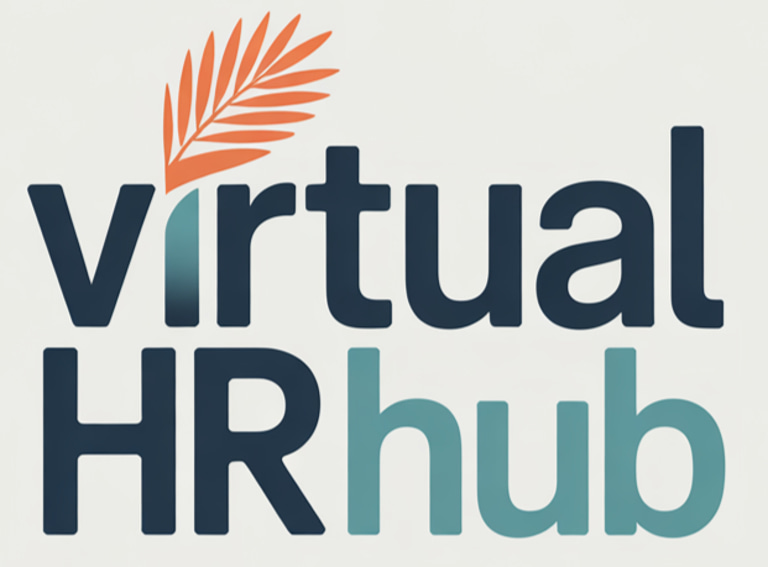Your First Job: The Ultimate Guide for Students, Immigrants, and First-Time Workers
Your ultimate guide to landing your first job: tips for students, immigrants, and first-time workers. Learn resume strategies, top beginner jobs, avoiding scams, building references, and stepping stones to career success.”
GEN ZFIRST JOB
Jeremy Golan
9/2/20255 min read


Your First Job
Landing your first job can feel like trying to climb Everest in flip-flops—exciting, nerve-wracking, and slightly chaotic. You’re standing at the base, looking up at a mountain of paperwork, online applications, and awkward interviews. But here’s the good news: every adult started somewhere, and your first job can set the stage for an incredible career journey. Whether you’re a high school student, a new immigrant, or just new to the workforce, this guide covers everything from picking the right job to crafting a resume that actually works. And yes, we’ll throw in some humor, real-life stories, and SHRM-backed principles along the way.
Why Your First Job Matters
Your first job is about more than money—though yes, cash is nice. It’s about:
Building skills: time management, teamwork, and communication
Gaining references: who can vouch for your reliability and talent
Learning workplace culture: understanding expectations and professional behavior
I remember my first gig like it was yesterday. I worked at a local landscaping company, showing up with a rake bigger than me, thinking I was going to conquer lawns and plant trees like a modern-day gardener hero. By the end of the week, I realized I had learned more than just landscaping skills—I learned punctuality, customer service, and that mosquitoes are vicious little bosses.
According to SHRM, early work experience significantly improves future employability, helping you develop transferable skills that employers value for years. Think of your first job as a stepping stone: whether flipping burgers at McDonald’s or mowing lawns, the habits you build now—punctuality, initiative, and responsibility—will pay off big time.
Picking Your First Job
Not all first jobs are equal. Here’s a breakdown of excellent options for beginners, sprinkled with some reality checks:
1. Retail and Fast Food (McDonald’s, Starbucks, Target)
Pros: Flexible hours, extra shifts during school breaks, employee discounts (yes, free fries can motivate anyone).
Skills Learned: Customer service, multitasking, cash handling, teamwork.
Reality Check: You’ll deal with grumpy customers, but that’s part of the training for life. Think of it as free resilience lessons.
Fun fact: I worked at a burger joint and mastered the art of carrying five drinks and a tray of burgers without dropping a single fry. Future employers? Impressed.
2. Landscaping & Outdoor Work
Pros: Build strength, work independently, earn tips, flexible hours.
Tips: Start by mowing lawns, planting trees, or helping neighbors. Use Craigslist, local bulletin boards, or referrals.
Reality Check: It’s dirty, hot, and sweaty—but extremely satisfying and often rewarding financially. Plus, you’ll never underestimate the power of sunscreen again.
I once mowed a lawn so big I got lost halfway through. By the end, I had muscles I didn’t know existed—and a very happy neighbor.
3. Warehouse or Distribution Jobs
Pros: Steady work, no experience required, often higher hourly pay.
Caution: Avoid jobs requiring upfront payments or “sales to friends” schemes. Pyramid schemes like Amway or Cutco can damage relationships—and trust me, explaining to your mom why you’re selling knives door-to-door is not fun.
4. Pool Construction & Maintenance
Pros: Learn specialized skills, good pay, flexible seasonal work.
Tip: Ask local companies if they hire apprentices—networking is key. Bonus: You might get to jump in the pool after work if the boss has a sense of humor.
5. Tutoring, Babysitting, and Pet Sitting
Pros: Flexible scheduling, excellent references, repeat clients.
Bonus: You can start small and grow your mini-business over time. One of my friends tutored math after school and ended up teaching calculus by the time she was 18. Who knew?
Resume Tips for First-Time Job Seekers
Even with no prior work experience, your resume can shine if you follow SHRM-backed best practices:
High School Students
Include school, GPA, awards, volunteer work, and extracurriculars.
Highlight projects showing initiative or leadership.
References: Coaches, teachers, or family friends who can speak to your accomplishments, not just your personality.
Example: Instead of “I’m hardworking,” write: “Organized a school fundraiser that raised $1,000 for local shelters.” Specifics matter.
Immigrants & New to the Country
Include education and work experience from your home country—honesty is essential.
Highlight transferable skills like teamwork, technical abilities, or customer service.
Avoid embellishment: Florida and many states have “at-will” employment; deception can get you fired.
Reference Tips
Only list people who can provide specific examples of your work ethic or achievements.
Example: “Coach Smith can discuss how I organized a neighborhood fundraiser and coordinated volunteers.”
Optional Additions
Certifications, languages, computer skills, and community involvement.
Landing the Job
Step 1: Use Every Avenue
Ask friends & family: referrals increase your chance of hire by up to 40%, according to LinkedIn data.
Online applications: company apps, Indeed, or Glassdoor.
Walk-ins: Dropping off a resume in person can get you noticed faster than a digital application alone.
I once walked into a landscaping company with my sweaty resume in hand. The boss hired me on the spot. Moral: don’t underestimate the power of bold moves.
Step 2: Nail the Interview
Arrive early—10 minutes early signals reliability.
Dress neatly: clean and appropriate for the workplace.
Give examples: Instead of “I’m good at teamwork,” say, “I organized a volunteer project with 10 participants.”
Step 3: Start Strong
Punctuality matters: arriving on time—or early—is noticed.
Work ethic: take initiative, ask questions, and show a willingness to learn.
Promotion potential: even entry-level jobs can lead to management roles.
Common Pitfalls
Scams and Pyramid Schemes
If a job asks for upfront payment or selling products to friends/family, pass. Stick to legitimate roles like warehouses or landscaping.
Over-Promising on Your Resume
Lying or exaggerating can get you fired fast. “At-will” employment means termination can happen without cause in many states.
Weak References
Ensure your references can speak to specific accomplishments, not just personality.
Extra Tips for 2026
Referrals are gold: Employees trust referrals more than cold applications.
Build new references: Every new job expands your professional network.
Show leadership: Initiative and responsibility make you stand out.
Be human: Employers hire skills, but they retain people they like and trust.
Why It’s Worth It
Starting your first job is liberating. You gain:
Financial independence
Professional communication skills
A sense of accomplishment
Even if your career eventually takes you into tech, law, or HR, these first experiences teach you how to show up, collaborate, and take responsibility. Every task, shift, and project is a stepping stone toward bigger opportunities.
As a millennial who worked in these roles in the 2000s, I can tell you: the joy of earning your own money, learning to interact with adults, and figuring out that “adulting” isn’t that scary—it’s priceless.
Final Words
Your first job isn’t about the title or paycheck (though McDonald’s fries are a nice perk). It’s about starting your journey, building skills, and creating a professional history. Be honest, punctual, and proactive. Avoid scams, build strong references, and treat every role as a stepping stone.
The more effort you put in now, the stronger your foundation for the future. So grab that resume, make the calls, show up early, and get started—one shift at a time. You’ve got this.
Your total HR Solution!
We take care of the "heavy lifting" so you can soar!
Support
Certified, experienced and insured.
924 N. Magnolia Ave, Suite 202-5448
Orlando, FL 32803
© 2025. All rights reserved.
